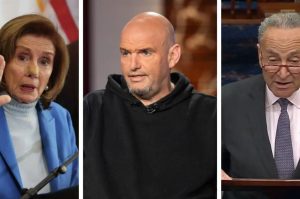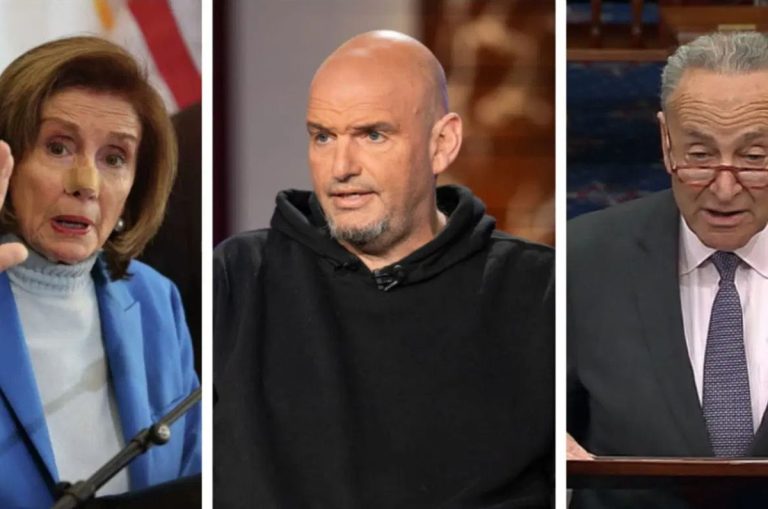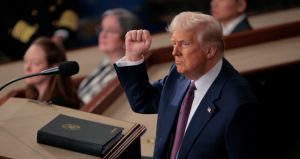In a pivotal legal decision that strengthens the Trump administration’s oversight agenda, a federal judge has ruled in favor of allowing the Department of Government Efficiency (DOGE) to proceed with a sweeping audit of Treasury Department payments. The ruling marks the end of a contentious legal challenge mounted by New York Attorney General Letitia James and 17 other Democratic state attorneys general.
U.S. District Judge Jeannette Vargas, presiding over the Southern District of New York, issued the ruling on Tuesday, concluding that DOGE investigators are now properly credentialed and authorized to access sensitive payment systems operated by the Treasury Department. The case had been closely watched due to its implications for federal-state authority, fiscal transparency, and the evolving role of the Trump administration’s austerity-focused watchdog agency.
Background of the Dispute
The legal battle stemmed from a Trump administration directive empowering DOGE to conduct audits of the Treasury’s payment systems—an initiative aimed at rooting out waste, fraud, and mismanagement. DOGE, established during Trump’s second term, has become a key player in the administration’s efforts to reduce government spending by conducting forensic financial reviews across federal agencies.
Letitia James and her Democratic counterparts filed suit earlier this year to block DOGE’s probe, arguing that the agency was exceeding its statutory authority and bypassing long-established privacy protections. The coalition of attorneys general alleged that DOGE’s planned access to taxpayer data lacked adequate oversight and safeguards, posing serious risks to the confidentiality of Americans’ financial records.
Initially, Judge Vargas appeared sympathetic to their concerns, especially regarding how DOGE personnel were being vetted for access to classified Treasury information. In an early ruling, she placed a temporary freeze on the investigation, pending further documentation from the administration.
A Turn in the Legal Tide
That freeze began to erode in April, when one DOGE employee successfully completed a comprehensive federal training program and was subsequently cleared for limited system access. Since then, the Trump administration has submitted extensive documentation to the court, demonstrating that additional DOGE staff had undergone similar training and met all federal compliance requirements.
On Tuesday, Judge Vargas, a Biden appointee, issued her final ruling in the matter—effectively lifting all remaining barriers to DOGE’s investigation. While she acknowledged initial shortcomings in the Treasury’s internal access protocols, she said those issues had now been adequately addressed.
In her written order, Vargas underscored the need for judicial efficiency and agency autonomy. “There is little utility in having this Court function as Treasury’s de facto human resources officer each time a new team member is onboarded,” she wrote, referencing the delays caused by repeated court reviews.
She added that the parties, including James’ legal team, had agreed that the new DOGE employees should be granted access to the Bureau of the Fiscal Service’s (BFS) payment systems—critical tools for tracking disbursements and uncovering anomalies in government transactions.
Who’s Involved
At the center of the investigation is Treasury DOGE team leader Tom Krause and his staff—Linda Whitridge, Samuel Corcos, and Todd Newman. Together, they submitted over 100 pages of documentation detailing the training, certification, and security protocols they followed in order to qualify for access.
The team’s work will focus on high-risk payment channels including Social Security disbursements, Medicare reimbursements, Medicaid transfers, and foreign aid expenditures—areas that historically account for hundreds of billions in federal outlays each year.
Letitia James, meanwhile, remains a polarizing figure in the case. While she portrayed the lawsuit as a necessary measure to protect federal benefit programs from politically motivated meddling, her credibility has been undercut by reports that she is the subject of an ongoing federal criminal investigation—though specific charges have not yet been filed.
James has continued to argue that DOGE’s probe represents an “illegal power grab,” asserting that its sweeping investigative mandate could harm vulnerable communities by targeting essential safety net programs.
“The Trump administration’s attempt to seize control of our fiscal safety nets without accountability is not only unconstitutional but morally wrong,” she said in a recent statement.
Implications of the Ruling
The ruling is expected to accelerate DOGE’s ongoing efforts to uncover and correct inefficiencies within the Treasury Department’s massive disbursement infrastructure. By eliminating the need for case-by-case judicial approvals, Judge Vargas has effectively greenlit a more streamlined and aggressive audit process.
Supporters of the decision, primarily Republicans and fiscal conservatives, view it as a major victory for government accountability. “This is exactly the kind of oversight we need,” said Rep. Byron Daniels (R-FL), a senior member of the House Oversight Committee. “If we don’t get control of the waste in federal spending, we’re going to end up bankrupting future generations.”
Critics, however, remain wary. Progressive advocacy groups have warned that the Trump administration could use the audit as a pretext for cutting essential programs like Medicaid, SNAP, and veterans’ benefits. They argue that DOGE’s real agenda is ideological rather than practical, rooted in a broader push to dismantle the welfare state.
What Comes Next
With the legal blockade lifted, DOGE’s investigation into the Treasury’s payment systems will now enter a more intensive operational phase. Auditors are expected to begin combing through records within weeks, with a preliminary report anticipated before the end of the summer.
The agency has indicated that it will prioritize transparency and publish a summary of its findings—including any evidence of misallocated funds, fraudulent transactions, or redundant disbursements.
Meanwhile, Letitia James and her allies have not ruled out an appeal, though legal experts suggest that Tuesday’s ruling makes further challenges unlikely to succeed. The court’s decision is grounded in DOGE’s demonstrated compliance with federal standards—something that will be difficult to contest in higher courts.
Conclusion: Oversight vs. Overreach?
The battle between the Trump administration and Democratic attorneys general highlights an ongoing tension in American governance—how to strike the right balance between robust oversight and the protection of civil liberties.
Judge Vargas’s ruling signals a judicial willingness to give executive agencies broad discretion, provided they adhere to due process and compliance standards. While supporters hail the decision as a win for accountability, detractors see it as the beginning of a dangerous precedent where federal watchdogs operate with minimal oversight.
Fact Check:
-
✅ Judge Jeannette Vargas did rule in favor of the Trump administration, authorizing DOGE’s access to Treasury systems.
-
✅ Letitia James and 17 attorneys general filed suit to block the audit, citing overreach and data privacy concerns.
-
✅ All four named DOGE employees submitted required documentation demonstrating compliance with federal training protocols.
-
✅ Vargas is a Biden appointee, adding weight to the bipartisan significance of the ruling.
-
❌ Letitia James’s federal investigation status has not been confirmed through official Justice Department statements—claims of a criminal investigation are currently based on anonymous sources and not substantiated by public charges.
As the DOGE audit begins in earnest, the coming months will reveal whether the Trump administration’s watchdog agency can deliver real results—or whether its bold promise to “drain the fiscal swamp” will encounter new legal and political resistance.









